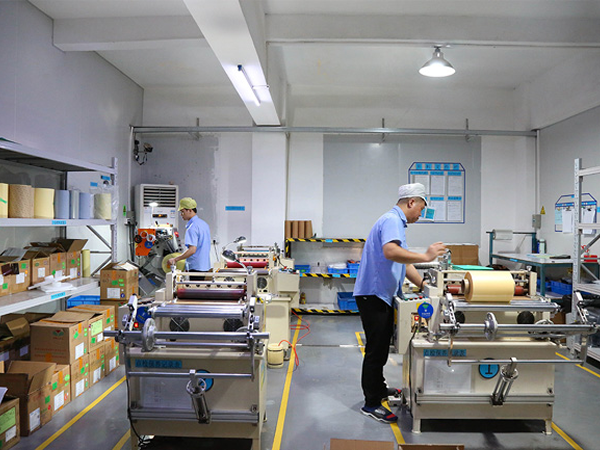News
Site Editor
 Site
/uploads/image/667d0e0257f45.png
Site
/uploads/image/667d0e0257f45.png
Friendly Guide to FCCL Material Optimization & Cutting
Views: 1488
Author: Site Editor
Publish Time: 2024-11-27
Origin: Site
Flexible Circuit Board Substrate (FCCL) serves as a pivotal material in modern electronic manufacturing, with its selection and application directly influencing product performance, cost, and production efficiency. Below is a detailed discussion on FCCL material selection, utilization, and material cutting processes:
FCCL Material Selection
Choice of Insulating Substrate:
Polyester Film (PET): Possesses excellent insulating properties and mechanical strength, suitable for flexible circuit boards with general requirements.
Polyimide Film (PI): Offers higher heat resistance and chemical corrosion resistance, ideal for applications in harsh environments such as high temperatures and high humidity.
Choice of Copper Foil:
Select appropriate copper foil thickness and type (e.g., rolled copper foil or electrolytic copper foil) based on conductivity and cost requirements.
Consider the adhesion and processability of the copper foil to ensure good bonding with the insulating substrate.
Choice of Structural Type:
Three-Layer FCCL: Suitable for applications requiring higher strength and stability, with the copper foil firmly bonded to the insulating substrate through an adhesive.
Two-Layer FCCL: Ideal for applications with strict thickness and weight requirements, featuring a non-adhesive structure that makes the circuit board lighter and thinner.
Utilization of FCCL Materials
Maximizing Board Space:
When designing panel layouts, fully consider product dimensions, electrical performance, and component placement to maximize board space utilization.
Utilize professional design software for simulation and optimization to reduce waste of process margins.
Cost Control:
Based on product needs and cost budgets, reasonably select material types and specifications to avoid excessive waste.
Optimize production processes to improve material utilization and reduce production costs.
Management of Material Cutting Processes
Verification of Cutting Orders:
Employees should carefully verify cutting orders before operation to ensure the accuracy of material names, specifications, quantities, and other information.
Check that cutting equipment is in good condition to ensure cutting accuracy and efficiency.
Cutting Operations:
Adjust equipment parameters according to cutting order requirements for precise cutting operations.
During the cutting process, pay attention to protecting and reasonably utilizing materials to avoid scratches, deformations, and other damages.
Quality Control:
Conduct quality inspections on the cut materials to ensure that dimensional accuracy, surface quality, and other requirements are met.
Record key parameters and abnormalities during the cutting process to provide a basis for subsequent production improvements.
In summary, the selection and utilization of FCCL materials, as well as the management of material cutting processes, are crucial steps in ensuring product quality, reducing costs, and improving production efficiency. Through reasonable material selection, optimized design, and meticulous management, the performance advantages of FCCL materials can be maximized to meet the high demands of modern electronic manufacturing.
